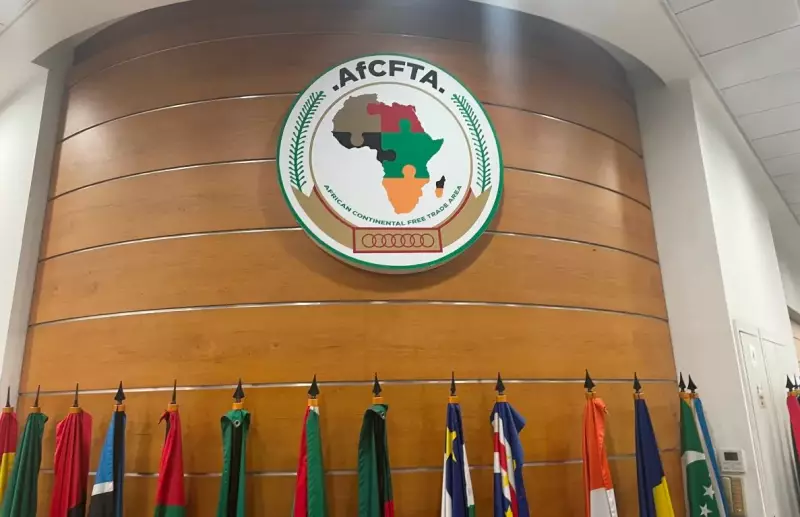
Economic experts and industry leaders are sounding a clarion call to Nigeria's private sector, urging businesses to seize the unprecedented opportunities presented by the African Continental Free Trade Area (AfCFTA). This landmark trade agreement promises to reshape Africa's economic landscape, and according to specialists, private enterprises hold the key to its successful implementation.
Unlocking Africa's Economic Potential
The AfCFTA represents one of the most ambitious trade integration projects in modern history, creating a single market encompassing over 1.3 billion people across 54 African nations. With a combined Gross Domestic Product exceeding $3.4 trillion, the agreement has the potential to transform Africa's economic fortunes dramatically.
Industry specialists emphasize that Nigerian businesses must position themselves strategically to benefit from this continental marketplace. From manufacturing and agriculture to services and technology, companies that adapt quickly stand to gain significant market share across Africa.
Private Sector as Implementation Engine
Experts argue that government efforts alone cannot drive the successful implementation of AfCFTA. The private sector's active participation is crucial for several reasons:
- Private companies drive innovation and competitiveness
- Businesses understand market dynamics and consumer needs
- Corporate investment fuels cross-border infrastructure development
- Private sector creates the jobs that trade expansion enables
Strategic Recommendations for Nigerian Businesses
To capitalize on AfCFTA opportunities, Nigerian enterprises should consider several strategic approaches:
- Conduct comprehensive market research across target African regions
- Adapt products and services to meet diverse continental preferences
- Develop competitive advantages through specialization and quality improvement
- Build strategic partnerships with businesses in other African countries
- Invest in understanding and complying with new trade regulations
The time for preparation is now, experts caution, as early movers will likely establish strong market positions that could prove difficult for latecomers to challenge.
Overcoming Implementation Challenges
While the opportunities are substantial, specialists acknowledge several hurdles that require attention:
Infrastructure gaps, regulatory differences between countries, and payment system challenges must be addressed collaboratively between government and business stakeholders. However, experts remain optimistic that these obstacles can be overcome through coordinated effort and strategic planning.
The consensus among economic professionals is clear: Nigeria's private sector must move beyond观望 to active participation in AfCFTA implementation. The future of African trade integration depends on it, and the potential rewards for proactive businesses could be transformative.





